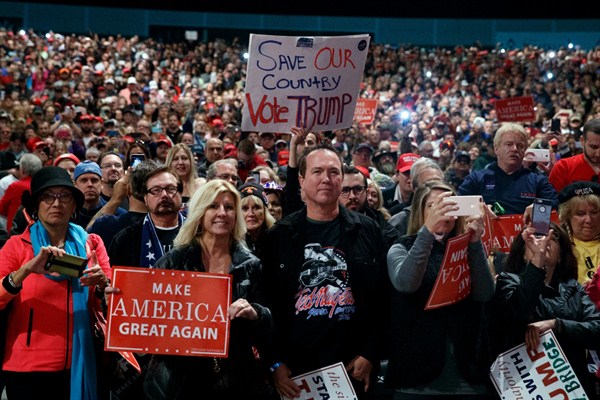The irony of Fidel Castro’s death is that, in addition to closing the symbolic book on the Cold War, it accentuates the feeling that we are living through the closing moments of the post-Cold War period. While that period has already been declared over at various times over the 15 years since 9/11, it now seems clear that those pronouncements were premature.
Certainly America’s unipolar moment has passed, signaling the end of “the end of history.” But though shocking, the attacks of 9/11 and their aftermath—the invasions of Afghanistan and Iraq, the war on terror—as well as the transformational effects of globalization and the “rise of rest” were not inconsistent with the global order that emerged from the end of the Cold War. They represented continuity with its logic and guiding frameworks, rather than a distinct construct. If history moves in pendulum swings, the past 15 years signaled not a new era, but the slowing of the pendulum as it approached its furthest limit.
The current moment is something different. From Brexit and the rise of European populism to the election of Donald Trump as U.S. president, from the unraveling of the Middle East’s regional order to the tectonic shifts in Asia’s, a level of uncertainty has been introduced into national, regional and global politics not seen since 1991. The pendulum is no longer swinging, but motionless at its apogee.

